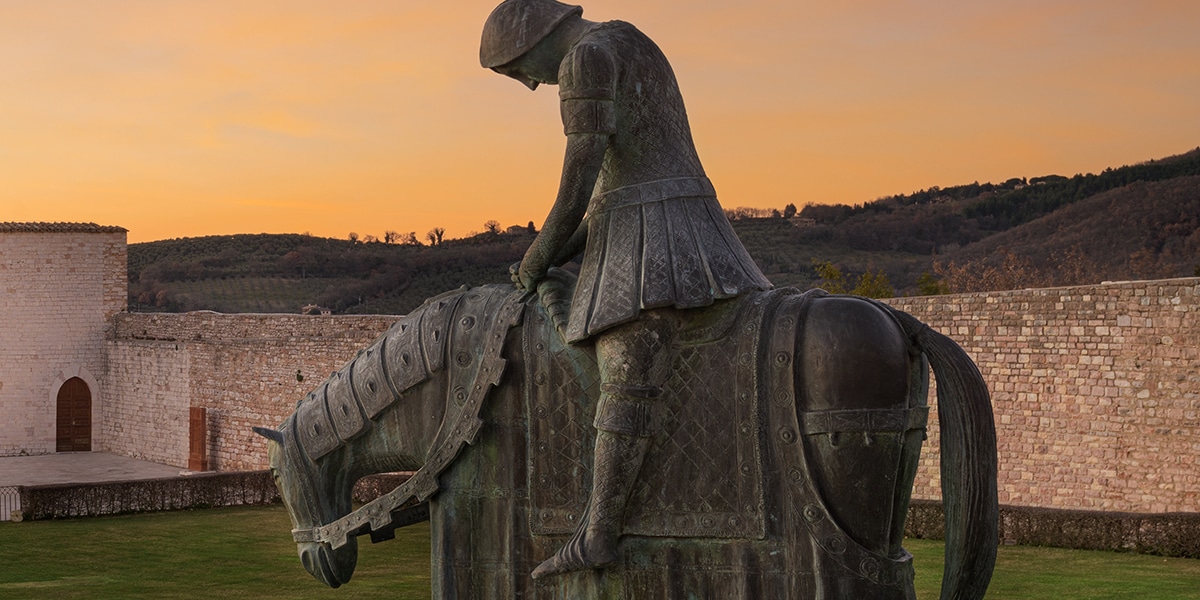People of wealth and influence today might look to Joseph of Arimathea as a saintly role model. This disciple of Jesus was a rich man and a member of the powerful Sanhedrin, the supreme council of the Jews (Mark 15:43; Luke 23:50).
Joseph provided his own expensive tomb for the burial of the crucified Christ. This was a huge risk to his social and economic position. Most of Jesus’ disciples had fled or avoided the crucifixion site. (Exceptions were Jesus’ mother, Mary Magdalene, and other women followers, and young John—the beloved disciple.)
Man of Legends
Like so many other heroes of faith, wondrous apocryphal stories sprang up around Joseph, particularly during the Middle Ages. He supposedly acquired his wealth in the metals trade, which likely would have acquainted him with Britain: Cornwall was well-known in the Roman Empire for its tin, and Somerset was renowned for its high-quality lead.
One story says that Joseph accompanied the Apostle Philip, Lazarus, Mary Magdalene, and others on a preaching mission to Gaul. At the English Channel, Philip sent Joseph, with 12 disciples, to establish Christianity in Britain.
Another legend says that Joseph’s boat ran ashore in the Glastonbury Marshes in Britain. Having brought with him a staff grown from Christ’s crown of thorns, Joseph thrust it into the ground and the thorn staff immediately took root.
It has also been said that Joseph met with the local ruler, Arviragus, and secured some land at Glastonbury to build the first monastery in Britain. From there he became the country’s evangelist.
Some accounts state that Joseph was the uncle of the Blessed Virgin Mary and, therefore, of Jesus. Thus, Joseph may have brought the young Jesus along on one of his business trips to Britain. The words of
William Blake’s famous and moving hymn “Jerusalem” reflect this tradition:
“And did those feet,
in ancient time,
Walk upon England’s mountains green?”
In the Holy Grail legend, Joseph of Arimathea is associated with the cup said to have received Christ’s blood at the crucifixion. Joseph took it to Britain, where his descendants protected it.
We don’t know if any of these or other legends are true. But why shouldn’t one of the first Christian heroes of faith have wonderful stories woven around him? It seems an appropriate reward for integrity, fidelity and courage.








